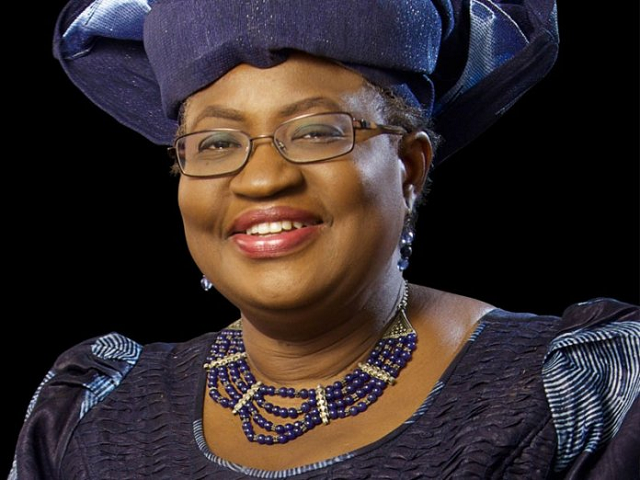An influential London-based magazine, The Economist, has expressed its preference for Nigeria’s candidate, Dr. Ngozi Okonjo-Iweala, for the position of director-general of the World Trade Organisation (WTO).
In its latest editorial on the race for the leadership of the global trade body, the media outfit highlighted the qualities of the former Nigeria finance minister, saying her political clout would be beneficial to the WTO.
Jostling with Okonjo-Iweala for the WTO job is South Korea’s Minister of Trade, Yoo Myung-hee. A winner is due to be announced between today and November 7, but support seems to be coalescing around Okonjo-Iweala.
The report stated that the contest says more about the discord in the trading system than the harmony.
It stated: “The candidates themselves did a good job of highlighting various divisions in the course of the selection process (while dutifully noting that only members have the power to resolve them). Between them, they identified a long list of problems: jammed negotiations that have left the WTO’s rule book out of date; the broken system of solving disputes; members’ lacklustre commitment to transparency; and a trade war between America and China.
“Okonjo-Iweala has emphasised her experience fighting COVID-19 as her strong suit. As head of Gavi, she understands the importance of open trade so that vital supplies can get to where they are needed. But this too is a thorny topic.
“Rich countries are more interested in lowering others’ tariffs than limiting their own right to apply export controls. They also hate a recent proposal from India and South Africa to suspend
Intellectual-property protection for products that could prevent, contain or treat the disease. So instead, Okonjo-Iweala has spoken only vaguely of exploring new trade rules and intellectual-property and licensing rights for drug-making,”
It quoted Okonjo-Iweala to have promised to empower the WTO’s secretariat if she wins.
“That could be controversial—some members will resist what they see as a threat to their power over negotiations. But it could also help poorer countries, some of which lack the capacity to draft proposals on their own, making it hard to participate in talks.
“Her political clout will be useful too. If the problems of the global trading system were purely technical, they would have been solved long ago,” she was quoted to have told members in July.
The Economist added: “But Okonjo-Iweala’s success would also say something about the geopolitics of trade. China could reject Myung-hee if that allows it to keep its deputy-director-general spot.
(Historically, jobs have been divvied up among regions.)
“Japan’s nasty trade dispute with South Korea makes it unlikely to support Myung-hee.
Brazil, a big exporter of farm products, may be put off by South Korea’s membership of the G10 group of countries, which staunchly defends agricultural subsidies. The agreement on the next director-general could be born from a host of disagreements.
“Members of the World Trade Organisation (WTO) are not known for cooperating with each other. So when in June they began the process of choosing a new director-general, many feared deadlock. But now, as the process draws to a close, officials are feeling hopeful,” it added.
In addition, it noted that disagreements between members also explains the candidates’ rather limited ambitions, saying that a bold agenda might include a grand bargain on agriculture that lowers tariffs in poor countries and limits subsidies in rich ones.
Source: THISDAY












